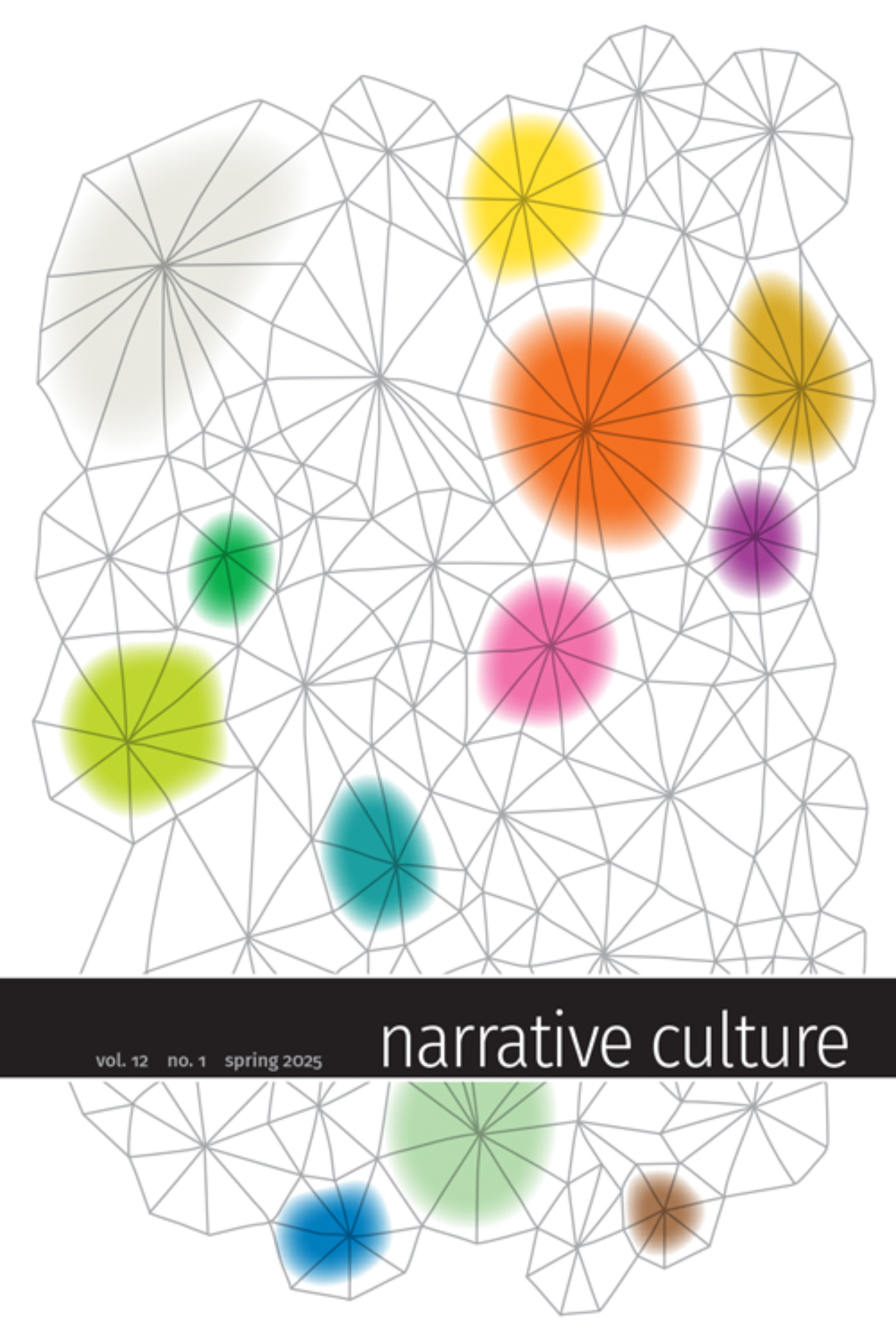“Politicized Pandemic Narratives: A Case Study of Hong Kong” is an academic article by urban studies scholar Wai-wan Vivien Chan that investigates the political narratives of the COVID-19 pandemic held by Hong Kong citizens, particularly regarding Mainland-Hong Kong relations, local COVID policy, and Hong Kong identity. Chan conducted a qualitative analysis of interviews with 28 Hong Kong citizens of different demographics, with some having experienced quarantine or family members being infected with COVID-19.
Chan found that the experience of the 2003 SARS epidemic heightened Hong Kong people’s awareness of personal hygiene measures and instilled in them the idea of adhering to these measures during a disease outbreak as a civic duty. Ms. V, a professional who continued to work in Hong Kong during the SARS epidemic, commented regarding the COVID-19 outbreak in 2020: “Everyone seemed to be more conscious of wearing masks. This is because the previous SARS outbreak has given Hong Kong residents a good experience and a sense of initiative” (qtd. in Chan 109).
Narratives regarding mainland-Hong Kong relations diverged, particularly on the issues of the two regions’ pandemic responses and assistance from the Central Government. Some complained that Hong Kongers were treated as foreigners under mainland China’s pandemic border control policy, instead of as residents of any other Chinese city, which invited their skepticism towards the Central Government’s efforts to integrate Hong Kong into the rest of mainland China. Others were dissatisfied with Hong Kong’s conformity to mainland China’s COVID-19 policies, which saw Hong Kong remain under lockdown until late 2022, isolating itself from the international community and challenging its autonomy.
During the severe “fifth wave” of the pandemic in 2022, the Central Government sent medical professionals and specialists to assist Hong Kong with infection control and delivered and helped set up mobile cabin hospitals. However, different opinions emerged towards the Central Government’s decision. Some younger people believed that the assistance would create a negative impression of Hong Kong as a troublemaker and a drain on national resources, and some questioned its necessity. In contrast, an older respondent stated that the Central Government’s assistance was a symbolic gesture that strengthened the bond between Hong Kong and mainland China. “This time the central government helps fight the epidemic, which is a very important milestone, and it officially shows that Hong Kong belongs to China” (qtd. in Chan 119), said Mr. Y, who was in his sixties.
Due to Hong Kong’s unique status as a special administrative region, which grants it political autonomy, and the 2019 pro-democracy protests backed by over a million supporters at its peak, Hong Kong has been highly politically polarized. The COVID-19 crisis only intensified the polarization and sparked debates over the effectiveness of public health policies and Hong Kong’s relationship with mainland China and the world, and by extension the issues of government autonomy and Hong Kong’s integration with the rest of China. This article explores the political implications of Hong Kong’s pandemic response as it struggled between its dual identities as a Chinese city and an international hub for business and finance. The result was a pandemic policy that was not nearly as stringent as mainland China’s but granted fewer freedoms than most policies in Europe and America, thus leaving much to be desired by people on both ends of the Hong Kong political spectrum.

Image Captions:
Cover image of Narrative Culture, vol. 12, no. 1, 30 Apr. 2025.Citation: Chan, Wai-wan Vivien. “Politicized Pandemic Narratives: A Case Study of Hong Kong.” Narrative Culture, vol. 12, no. 1, 30 Apr. 2025, pp. 103–126. Project MUSE, https://dx.doi.org/10.1353/ncu.2025.a958752. NON-FICTION, SCHOLARLY ARTICLE | CHINA. ll
Source Type: Scholarship on COVID-19 Studies
Country: China
Date: 30-Apr-2025
Keywords: Hong Kong, Mainland-Hong Kong Relations, Pandemic Regulations, Political Narratives of COVID-19, and SARS Epidemic